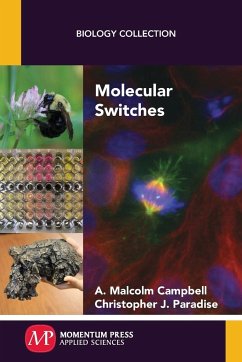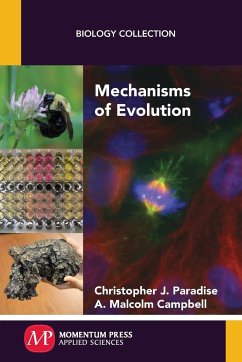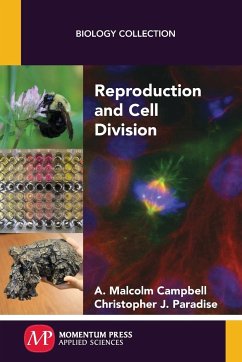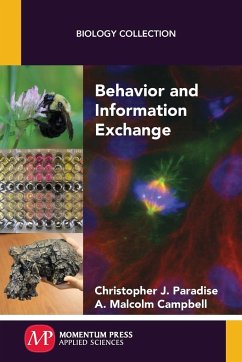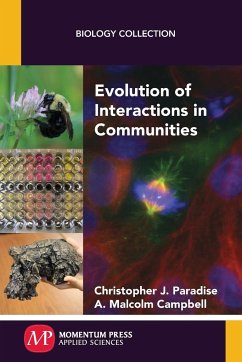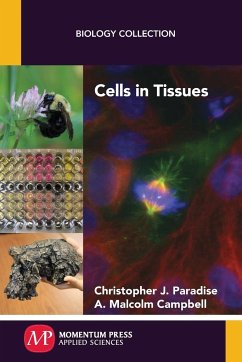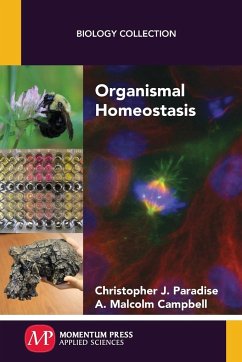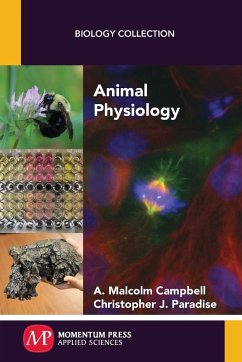This book introduces the concept of emergent properties, which are unexpected traits found only when two or more biological components interact. Experimental evidence of several emergent properties explains how hemoglobin can act like a high affinity oxygen carrier some times and then switch to a low affinity carrier exactly when and where it should. The second example presents how one particular virus determines whether it should stay latent within its host or whether it should kill its host and spread its progeny into the environment. The final example looks at the surprising properties that emerge as a consequence of random behaviors at the molecular level. It is unlikely that many people are aware of these unexpected behaviors that come from non-living molecules based on their structures.
Bitte wählen Sie Ihr Anliegen aus.
Rechnungen
Retourenschein anfordern
Bestellstatus
Storno

